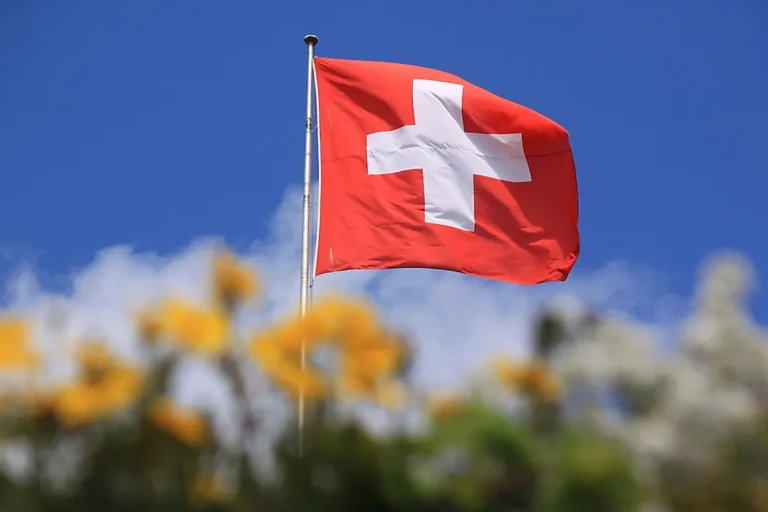September 4, 2024, The Swiss Federal Council announced that The Income Inclusion Rule (IIR) is set to officially take effect on January 1, 2025. This step follows the introduction of the Swiss Supplementary Tax, known as the Qualified Domestic Minimum Tax (QDMTT), in 2024, aimed at ensuring that tax revenues remain within Switzerland rather than being transferred abroad, while also providing legal clarity for businesses operating under these regulations.
In a significant move last year, Swiss voters supported the Federal Council’s initiative to adopt the OECD/G20 minimum tax rate framework. The primary goal is to safeguard Switzerland’s tax revenues by ensuring that profits from foreign subsidiaries of Swiss corporations—as well as those belonging to the intermediate holding companies of foreign corporate groups—are taxed at a minimum rate of 15%, provided the corporate group has an annual global turnover of at least EUR 750 million. Without the implementation of the IIR, other jurisdictions may impose taxes on these foreign profits under the OECD/G20 minimum taxation guidelines, specifically through the Undertaxed Profits Rule (UTPR). Many EU member states, along with the UK, Canada, and Australia, are poised to introduce the UTPR starting in 2025, subsequent to their launch of the IIR and QDMTT in 2024.
By enacting the IIR, Switzerland aims to protect its tax revenue, which can enhance its appeal as an investment destination. This measure is also expected to alleviate the administrative burden on affected companies, reducing the number of tax procedures they would otherwise face in jurisdictions applying the UTPR.
Estimating Financial Impact of the IIR Implementation
The financial implications of the IIR remain somewhat uncertain, with estimates suggesting potential receipts could range between CHF 500 million and CHF 1 billion. From this amount, it is projected that CHF 125 million to CHF 250 million would be allocated to the federal government, while CHF 375 million to CHF 750 million would be redirected to the cantons.
Current Stance on UTPR
As of now, the Federal Council has opted not to implement the UTPR, citing that the associated risks may overshadow the potential revenue benefits. Legal concerns surrounding the UTPR have also been noted. In making this decision, the Federal Council consulted an expert opinion by Professor René Matteotti of the University of Zurich. The Federal Department of Finance (FDF) will continue to monitor international shifts regarding the OECD/G20 minimum tax framework closely.
Glossary
The OECD/G20 minimum taxation measures (QDMTT, IIR, and UTPR) target international corporate groups with a global annual turnover exceeding EUR 750 million and are applied sequentially:
- QDMTT: Ensures minimum taxation for relevant corporate groups or business units within their home jurisdictions, effective since January 1, 2024.
- IIR: Mandates minimum taxation for all foreign business units of a corporate group, provided they are not subject to minimum taxation in their host countries.
- UTPR: Serves as a catch-all to ensure minimum taxation for all business units, particularly addressing situations where profits are undertaxed, without being subjected to either QDMTT or IIR.
For further details, clarification, contributions or any concerns regarding this article, please feel free to reach out to us at editorial@tax.news. We value your feedback and are committed to providing accurate and timely information. Please note that all inquiries will be handled in accordance with our privacy policy



